I realized earlier this month that I had reached the 5 year anniversary of my “professional hobby” with landscape photography. It was January 2013 that I started taking my photography seriously, getting better at it, and producing impressive photos. I remember walking through a few photo galleries in Park City, UT and thinking, “I could take pictures this good.” After a few failed attempts to produce the extraordinary results as some of those artists, I realized it was going to take more than just showing up at a scene and pointing a camera at it.
To celebrate my anniversary, I'm going to share 5 times I almost quit photography altogether and how (and why) I kept going (along with photos of my journey along the way).
I started a real interest in photography in high school when I took a photography class at the recommendation of my dad. It was a black and white film class where we processed our own film and printed our own photos. I learned how to roll my exposed film onto a developing rack in the pitch black, use enlargers with clunky trays for holding photo paper, and how to move photos between developer, stop, and fix baths. It was the year 2000 and my first camera was a cheapo Kodak 35mm plastic point and shoot with one of those built-in flashes that fire every time you take a picture, whether you want it to or not. I signed up the next year for Photo II and learned more advanced techniques and skills like studio portraits and shooting with slide film. We had a photography contest with the theme “High School: Life Out of Balance” and I got second place with my double exposure of a classroom. From my very beginning, I was told by many people that I had an eye for photography. “A lot of people have to learn this,” I was told, “but you just have it.”
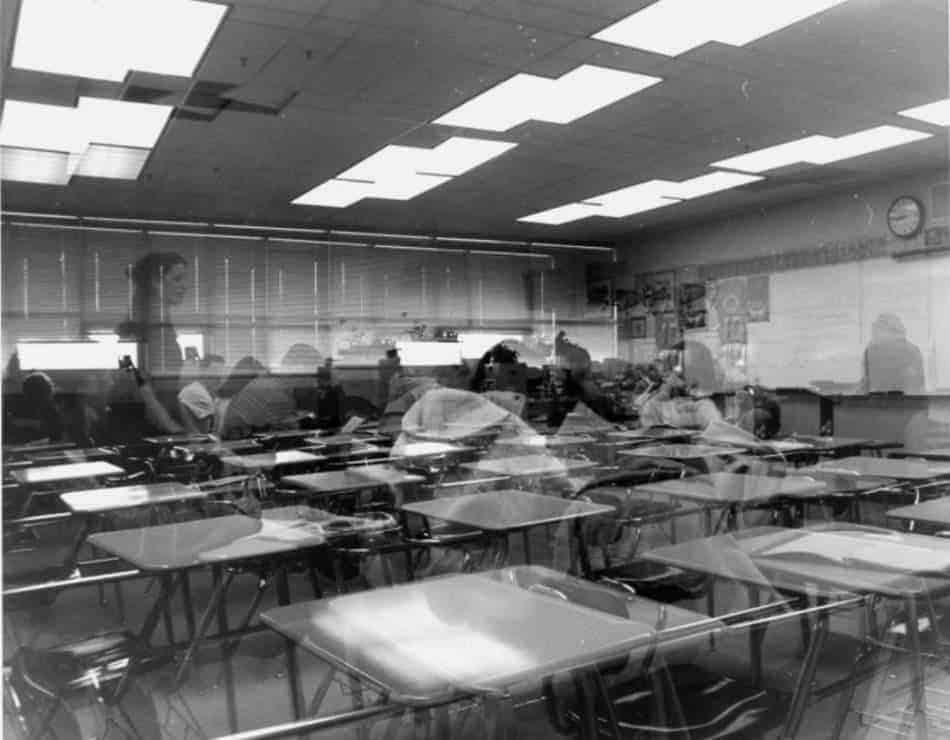
Fast forward a few years and now I'm in college; just a local community college, nothing fancy. I wanted to take another photography class to further my skills but I only qualified for Photo 1 which was the introduction to photography. Knowing my skills far surpassed what was taught in that class, I talked to the professor, a wedding and portrait photographer by day, teacher by night, and she told me to put together a portfolio of 12 images to show her and we could talk about it. I put together my 12 best prints in a very professional portfolio with those little corner stickers for holding photos. I showed her the photos and she asked me questions about compositional choices and camera settings and why I did what I did. I fumbled my way through telling her about technique and my vision when I took each of the photos and she agreed to let me into her advanced photography class. This is the point where I almost quit photography for the first time.
Little attention from a college professor
She wasn't a bad teacher, she wasn't a great teacher. I realized much later that teaching wasn't her passion and like many other community college professors, she was teaching as a way to supplement her income. This was the age of digital cameras first coming within the financial reach of regular folks (about 2007). I was the only one in my class of 10 or so people that didn't have a digital camera; I still shot on my Minolta Maxxum 5 35mm film camera my dad gave me for a high school graduation present. Because of this, I got little attention from my professor who spent her time with the other students, helping them to understand their digital cameras. Much of the class was also focused on using Photoshop, something completely alien to me. I felt that I was a “photography purist” by using film and that film wasn't going anywhere.
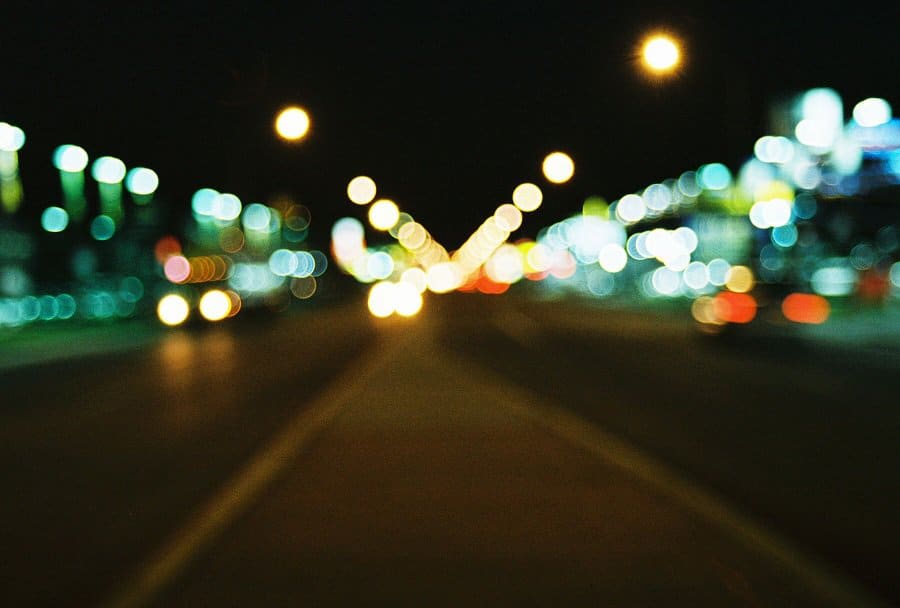
I mostly worked alone in the darkroom, spending a couple hours in there each class, having all the materials I wanted since the other student's lab fees paid for all the paper and chemicals they weren't using. I saw the professor spending ample time with the others at the computer, showing them how to adjust curves and HSL layers while I was left alone like an outcast to process my film. I got pretty discouraged towards the end of class and stopped going for a couple weeks. My grade slipped into the C- range for missing assignments and I felt like maybe photography wasn't in my future.
I actually did quit photography for a time after this. Digital was sweeping the industry and film became harder and harder to find. No longer could I get Kodak 200 at the grocery store. Instead, I had to drive downtown to a specialty photography store to buy it at 3 times the regular price. I shelved my camera and didn't pick up photography again for almost 2 years.
Getting my camera stolen
It was the summer of 2009 when I bought a new camera, my first DSLR at the B&H flagship store in New York City. I was on a road trip with a friend and the digital point and shoot camera I was borrowing stopped focusing a little while ago. I bit the bullet and bought a $900 Sony Alpha a700 with kit lens and camera bag. This camera gave me a renewed interest in photography and I used it to photograph the rest of our road trip.

Wanting to get more serious about my photography, I got out on more photography adventures. I thought I still had a pretty decent eye for photography and wanted to impress myself. I went photographing along local trails, tried to get some epic sunset shots, and generally improve my skills. I brought my camera into work to pull some photos off the SD card for a photography contest. I forgot to take it home that night and when I came back in the morning it was gone: my camera, 2 lenses, a speedlight, some filters, and bag. I reviewed the security tapes but didn't see anyone walking out the door with it. The security guy said the most likely scenario was someone grabbed it then stashed it for a couple days before walking out with it. Knowing we wouldn't be able to review every minute of footage, they had a pretty good chance of getting away with it.

I was really bummed out. I had renter's insurance which only covered the depreciated value of the camera and gear. After a $500 deductible, I only got about $300 back. I don't remember what I did with that money, but I sure didn't spend it on a new camera. Right now, there were other more important things, like Call of Duty and riding my motorcycle. I liked the idea of photography but I didn't think I had the time or attention to dedicate to it. It always seemed like something I had to put a lot effort into. Life was easier if I could just go do something on a whim like 4 hours of video games or a weekend ride through the rolling hills on my 2006 Yamaha R6 Raven.
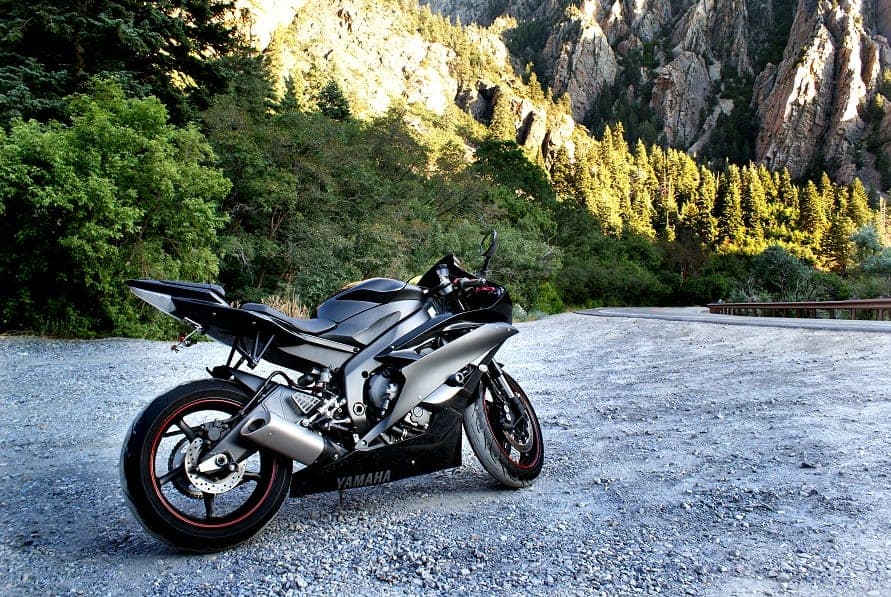
A poor portfolio review from a colleague
Fast forward another couple years and I ended up getting a Canon Rebel T2i for a Secret Santa present from some stranger I've never met. She did some sleuthing and found out that I wanted to replace my stolen camera and generously cashed out her credit card points to buy me a great starter camera. Thrilled to have a new camera, I wanted to jump back into photography. I started bookmarking, mentally or otherwise, places I wanted to take pictures. I started actually planning trips to take pictures and crafted a vision for how I wanted photos to turn out. I took backpacking trips where I'd get star trails over a lake, moonlit shots of abandoned homes, or artsy photos of mountain streams. I bought an expensive (to me) tripod that I figured would last me several years (I still have it and use it, in fact).
It was at this point that I started listening to the Improve Photography podcast which gave me the excitement to get out and shoot more. Just hearing people talking about photography on a regular basis was great because I didn't have any friends or family who enjoyed the hobby as much as I did. In those early years of listening to the podcast, I always thought it would be awesome to get to be on the podcast and share my experiences with photography. I've been on several episodes in the past and now write articles for the website which is to say, a dream come true.
I was preparing to enter some photos into the state fair and met a product photographer that lived in my neighborhood. We chatted about photography and I asked him if he would critique some of my photos and recommend some to enter into the state fair. He said sure, and I emailed him a few photos. A week went by and I heard nothing. 2 weeks. 3 weeks. 4 weeks. I emailed him again asking if I should still expect his input and he replied, apologizing, saying he got busy and gave me a brief review of my photos. He said some very basic things about composition and Photoshop and didn't give much help in general. I was trying to take photography seriously and was still very new and very fragile and his critiques were just not that helpful. It really didn't help that he was a product photographer and I was asking him to critique landscape photos. I came to understand much later that those are very different types of photography and he was probably out of his element giving me advice on something he didn't know a lot about.
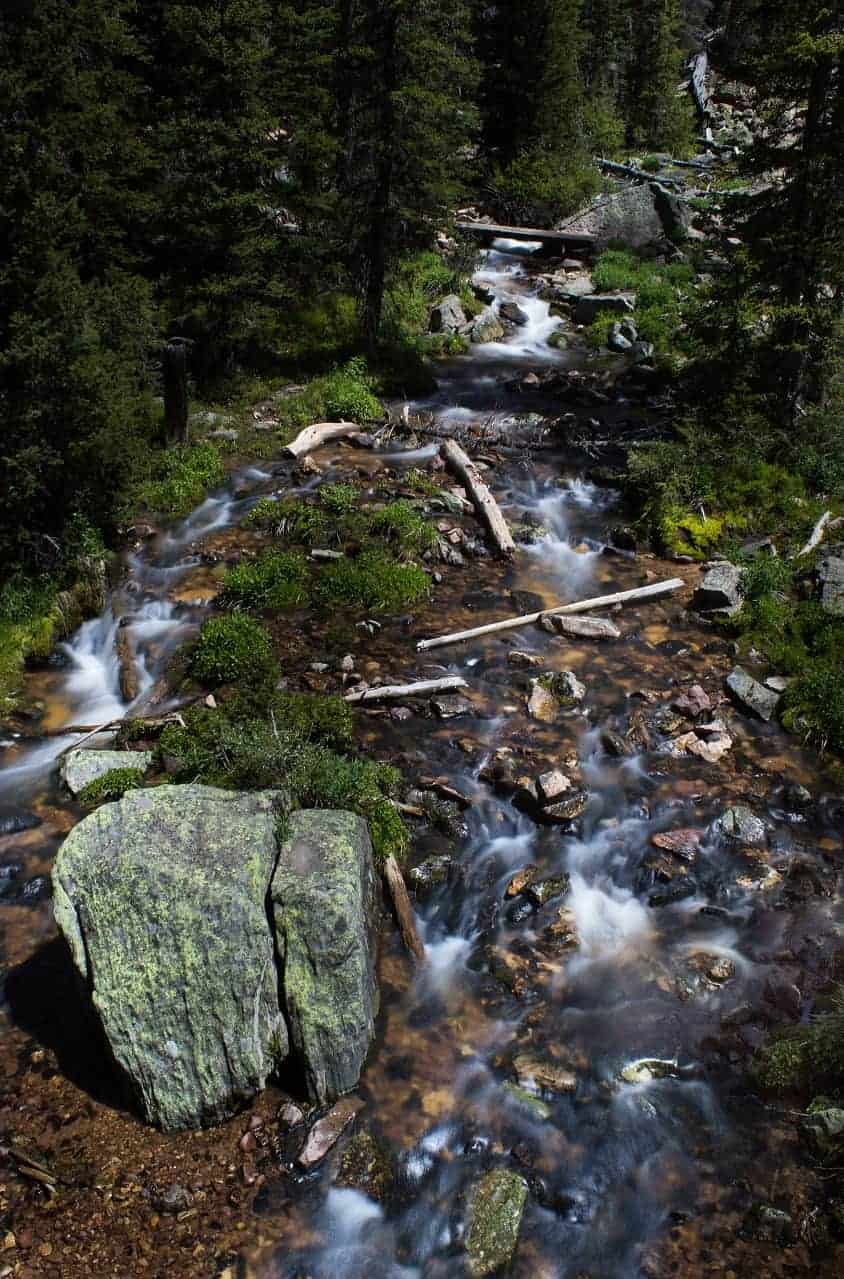
What really hurt the most was what I felt to be his disinterest in helping me. It made me think that my work wasn't good enough for him to be bothered to give his opinion. His slow response made me worry that I took crummy photos that he didn't want to even bother with. In my fragile state, I slowed down significantly on my photography, thinking again that while I was maybe good in high school (or so people told me), I just wasn't that good overall.
A couple bad photo road trips
A little while later, my wife and I took a road trip up the Oregon Coast before our first child was born as a last “only us” vacation. I brought my trusty Canon Rebel with me and wanted to get some totally amazing landscape photos of the coast, the redwoods, and everything in between.
What looked like a really great photo in the viewfinder turned out to be a very blah photo on the computer. I had a pretty cool photo of a trail in the Redwoods National Park, but my inexperience with the exposure triangle proved fatal when actually looking at the photo on the computer. The same goes for everything else I took pictures of: rocks, trees, waves, bridges, buildings, and beaches.
Another more recent road trip I took to Zion National Park returned no great results. I took this trip at a point in my life when I thought I was a hot shot photographer and my ego was so big I couldn't even shove it into my camera bag. Again, I came home with very mediocre looking photos and was bummer that all the time and effort I put into the trip was all for nothing.
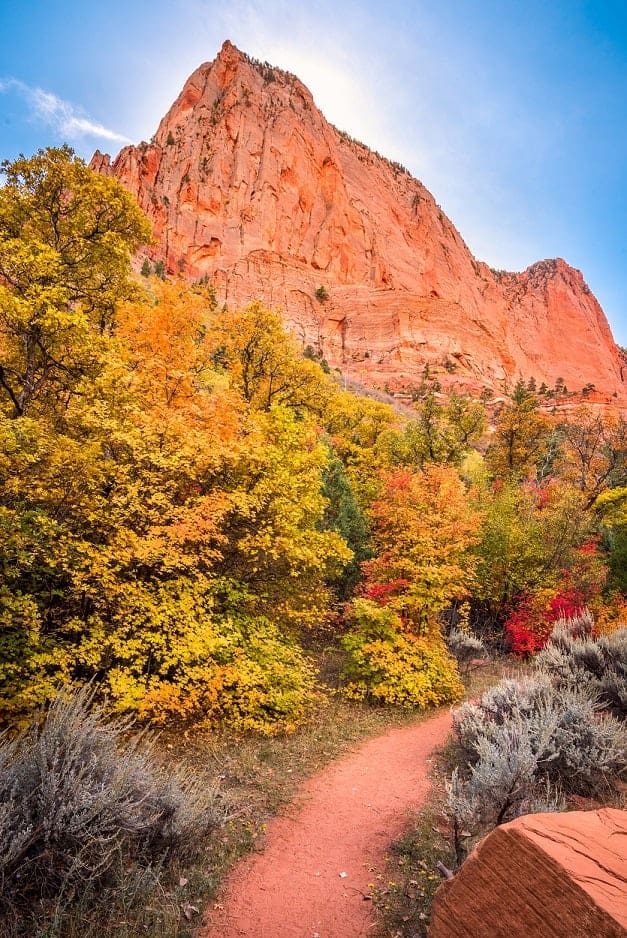
Trips like these are very discouraging. They made me feel, again, that I just wasn't that great at photography and wondered what business I had with a camera in my hands. There are lots of other examples of photography trips I took that returned no results. A winter at Bryce Canyon, a trip up the mountains, a visit to a ghost town. Lots of times I've deleted an entire SD card, destroying all the files without editing a single one because nothing came out the way I wanted it.
3 months after starting a real estate photography business
When I first started my business, I thought I'd put in 3 or 4 solid months of “startup effort” and then be able to quit my day job and photograph into the sunset. I stayed up until 2 am most nights working on my website, writing ad copy, drafting marketing material, creating Facebook posts, and researching real estate agents, brokers, and offices.

After 3 months and no clients, I was seriously ready to throw in the towel. I didn't understand why I wasn't getting business and just figured that no one wanted my services. Tired and bummed out, I didn't want to keep trying. I thought this was my last opportunity to create something with my camera and if it didn't work out I was just going to shelve the whole thing (again) and find something else to do.
After talking to my wife about sticking with it, I decided that I would give it another 3 months of effort and, if after 6 months of being in business, I didn't have much success I would call it quits. 6 months went by and I still didn't have a lot of business and I was ready to quit again. I got an attitude adjustment after watching a YouTube video of Gary Vaynerchuk talking about how he started his wine business and, for the first 18 months, he made weekly videos that got ZERO VIEWS. If he can stick with it for a year and a half with no results, surely I shouldn't give up after just 6 months, right?
How I kept going
The greatest blessing and the greatest curse was for people to tell me that I had an eye for photography. This made me feel like Superman when I first got started but also was my Kryptonite during my early growth phase. After all, if I was so great at photography, why did all my photos suck? However, it was what kept me going when I finally started to get some traction and develop some consistent results. If I had a natural talent for it, then I couldn't just give up so easily.
I really felt like something was pulling at me from the inside to keep going with photography. Like Moana, it called to me and I didn't know how far I could go with it. I know that sounds so silly but it really feels like I was put on this Earth to take pictures of it.
Now, I understand that most people probably don't feel that way. Instead, they just want to get better at a hobby they enjoy. So let's talk about some more concrete advice on how I kept going instead of just that I felt a pull inside to not give up.
First off, I really recommend having a champion or two. I've talked about this in other articles, but having someone cheering you on really helps to improve your photography. My champions were my mom and my wife. My mom was the one who most frequently said “You have a gift” and told me how easy it was for me to craft a beautiful image. There were so many people who didn't say anything constructive or gave watered down advice, but my mom really pushed me forward. Secondly, when I was newly married, my wife told me that no matter what hobbies I pursue, she didn't want me to give up on my photography. “I see something in you and you have the potential to be great,” she said. Find yourself a champion. Get on some Facebook groups, reach out to other members of the IP community. Join some local photography groups. There are lots of ways to do this.

The next thing was that I slowly learned the difference between knowing what you don't know, and not knowing what you don't know. Let's use a couple examples from Photoshop to help me sell this idea. In Photoshop, let's say you know about layer masking and that it's the main way Photoshop is so effective at photo editing. But you don't know how to use them or that it doesn't really make sense to you. This is an example of knowing what you don't know: you know about layer masking, you just don't know how to use it. Now you know what you need to learn more about. You know what you don't know.
For an example of not knowing what you don't know, let's talk about Gaussian Blur. A lot of portrait photographers will use this to smooth out skin and clean up blemishes. But you can also use it in landscape photography in the same way. Let's say you want to smooth out some water. You can use the clone stamp tool but that would take like an hour to clone stamp out all the imperfections in your water. Or you can use Gaussian Blur and layer masks to brush that layer on. But as a beginner photographer, you don't even know what Gaussian Blur is or what it does. You don't even know what you don't know.
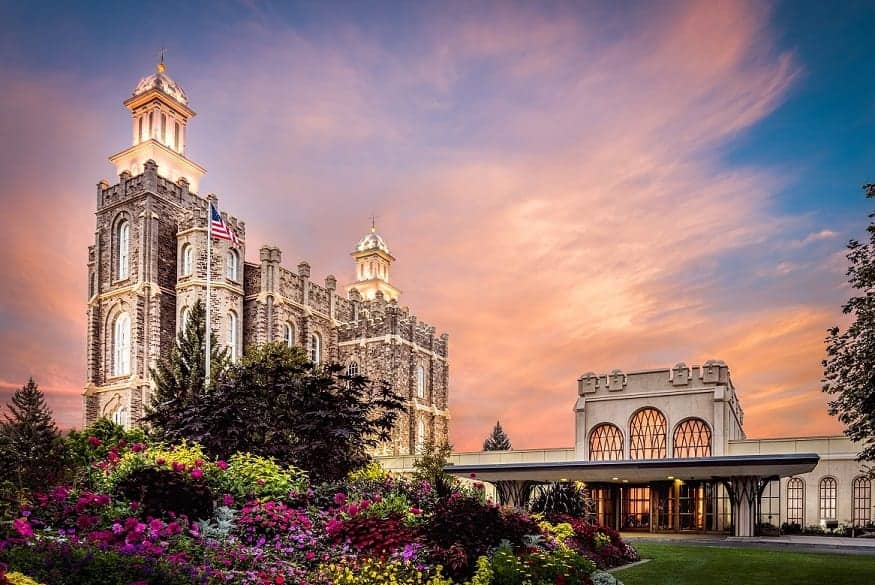
Knowing the growth potential between “what you don't know” and “what you don't know you don't know” helps you to increase your skills and abilities at an exponential rate. The best way to learn about what you don't know and find out more about you never thought even existed is to watch YouTube tutorials. I subscribed to PixImperfect, Phlearn, and other Photoshop tutorials to find out neat little tricks in Photoshop. Even if the theme of the video isn't targeted at your genre of photography, there is still a wealth of knowledge to be had in applying the principles taught in those videos. Doing this got me excited to try new camera and editing tricks and to reprocess some of my older photos to make them more refined and polished. Improve Photography puts out a number of great tutorials every year and all the IP+ members have access to them for a very reasonable monthly price.
Next, I sought the advice of photographers in my field. I stopped reaching out to anyone who has ever held a camera before and started asking the photographers who I trusted and respected to review my work. In the early stages of my photography, I joined a number of different groups and forums. Most of them were populated by 100 beginner photographers and 1 experienced photographer. Getting advice on my photos from another beginner photographer was never very productive because they didn't have the skills or experience to see what I was trying to do and how to help me achieve it the next time. But when I reached out to experienced photographers, I began an education from their years of experience. I've said it a dozen times before, the portfolio review from Jim Harmer was one of the best things I've ever done and I highly recommend it for anyone looking to get a clear and direct review of their work.
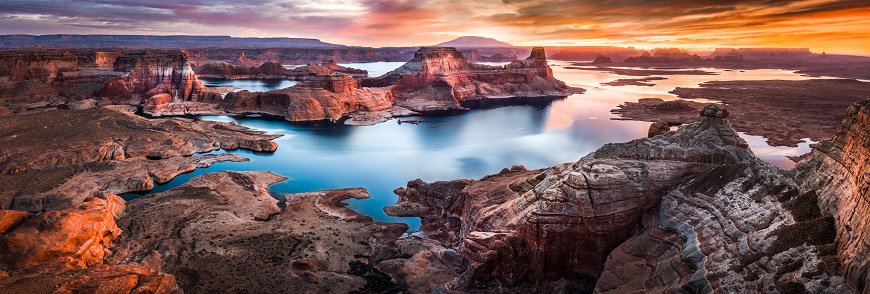
One of the biggest things that helped me continue in my photography was the opportunity I had to give it as a gift to my friends and family. I'm not talented with hardly any trades but I can bring beauty into people's lives and homes. I have frequently given photographs for birthdays, holidays, and speical ocassions. I've even printed photos and given them “on loan” to family members to hold onto until I have a buyer or decide to do something else with it. The joy and anticipation I get from given fine art to those closest to me has given me such a strong sense of purpose in my photography. I get tears, hugs, and thank yous from those who get a print as a gift and I get to see it take a prominent place in their home when I come to visit.
Lastly, the best singular thing I did to keep going in my photography was to just keep going. The first time you try something new, you're going to suck at it. And that's totally fine. Tony Hawk was the first skater to land a 900, or 2 and a half rotations in midair. He tried 11 times in competitions before he actually landed it. Similarly, I mentioned Gary V., who made videos for 18 months before anyone paid attention to him. What would his life be like if he gave up 3 months into it? Just because you suck now doesn't mean you are destined to suck your entire life. It will take time, more time than you want it to. But if you play the long game, you will see a very defined growth path that you have forged.
I've been now photographing for 5 years as a serious hobby and more than 17 years since I first started in high school. You can see a big difference between the photos I took “then” versus the photos I am taking now. I'm very happy I didn't give up. Even if I never started a business or wanted to sell my photography, the sense of accomplishment makes me want to take more and more pictures of beautiful places.
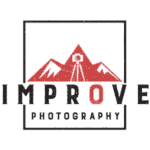

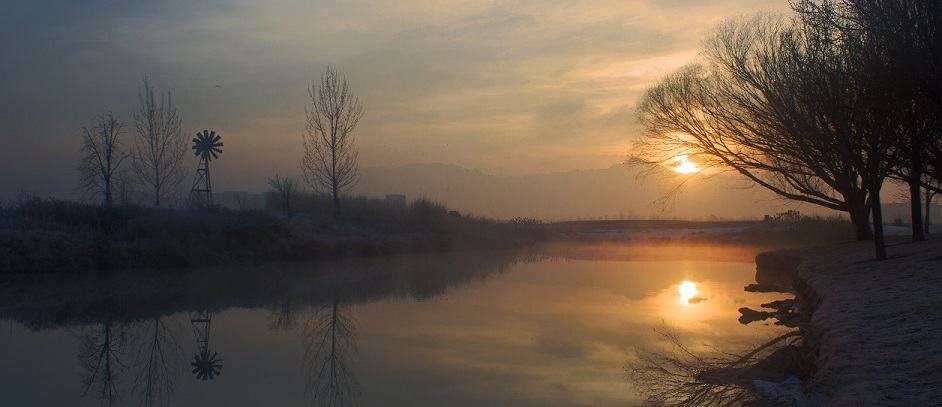
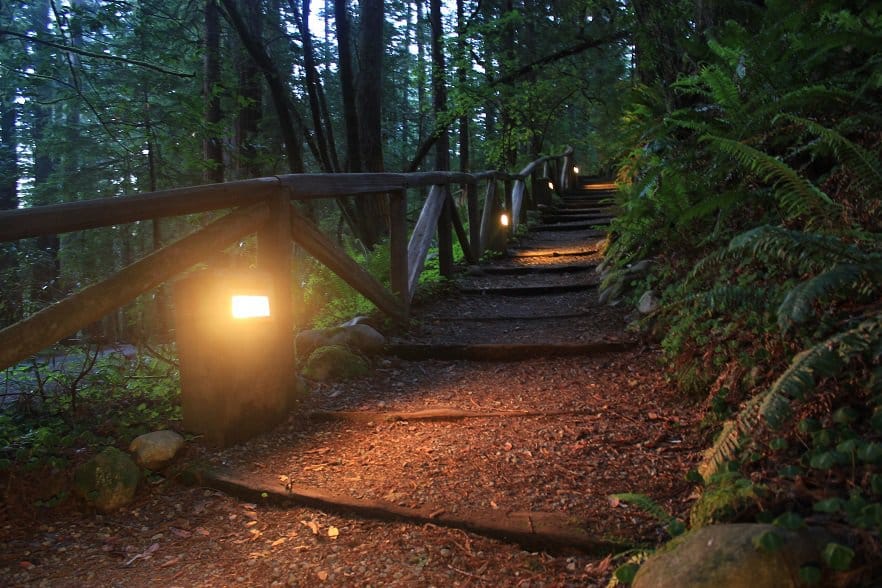

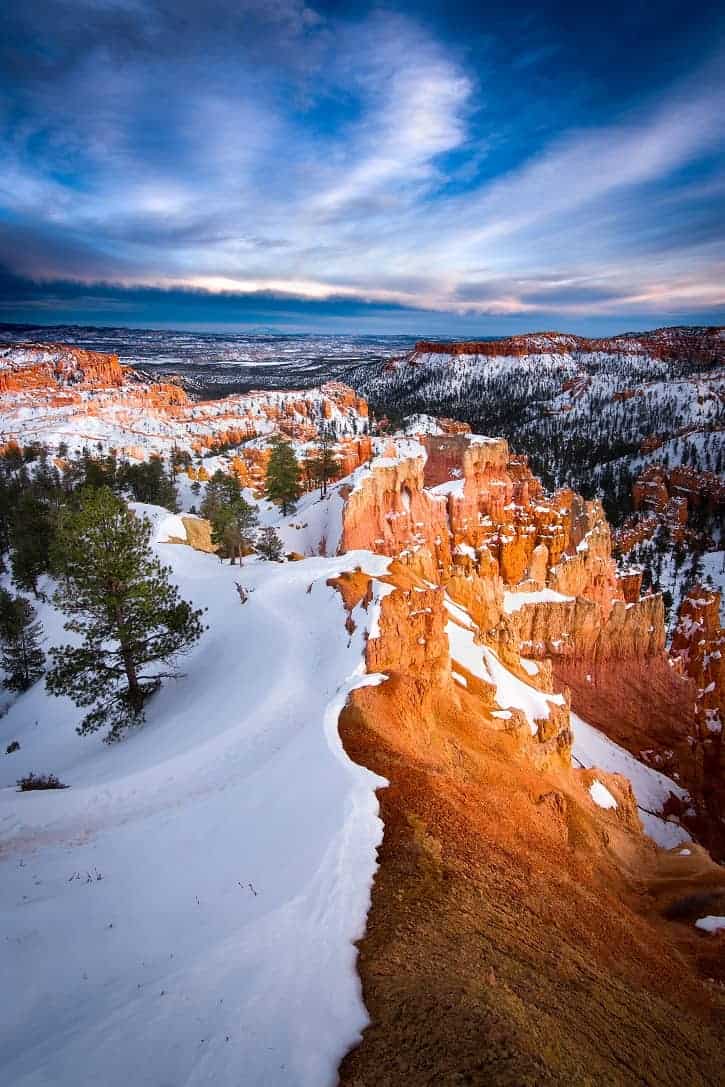
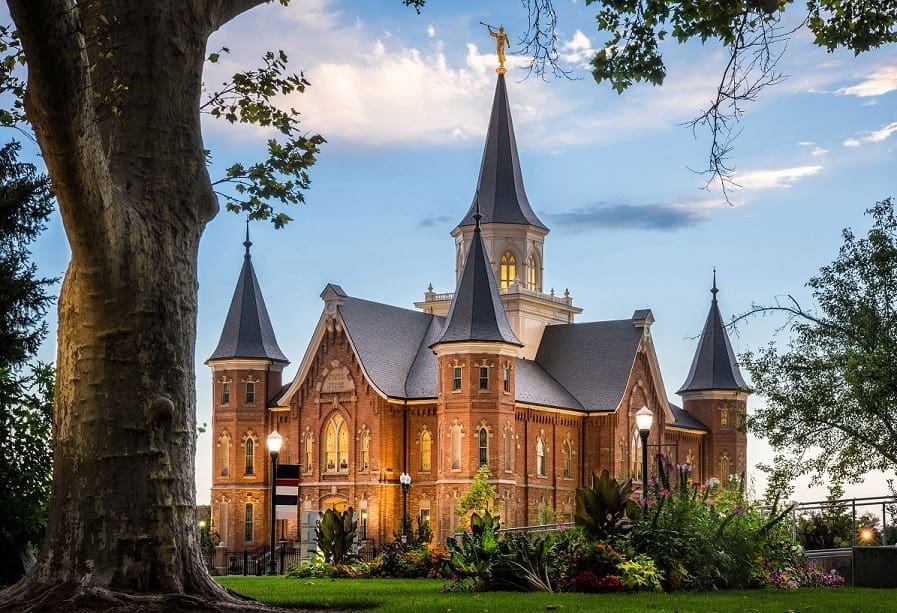
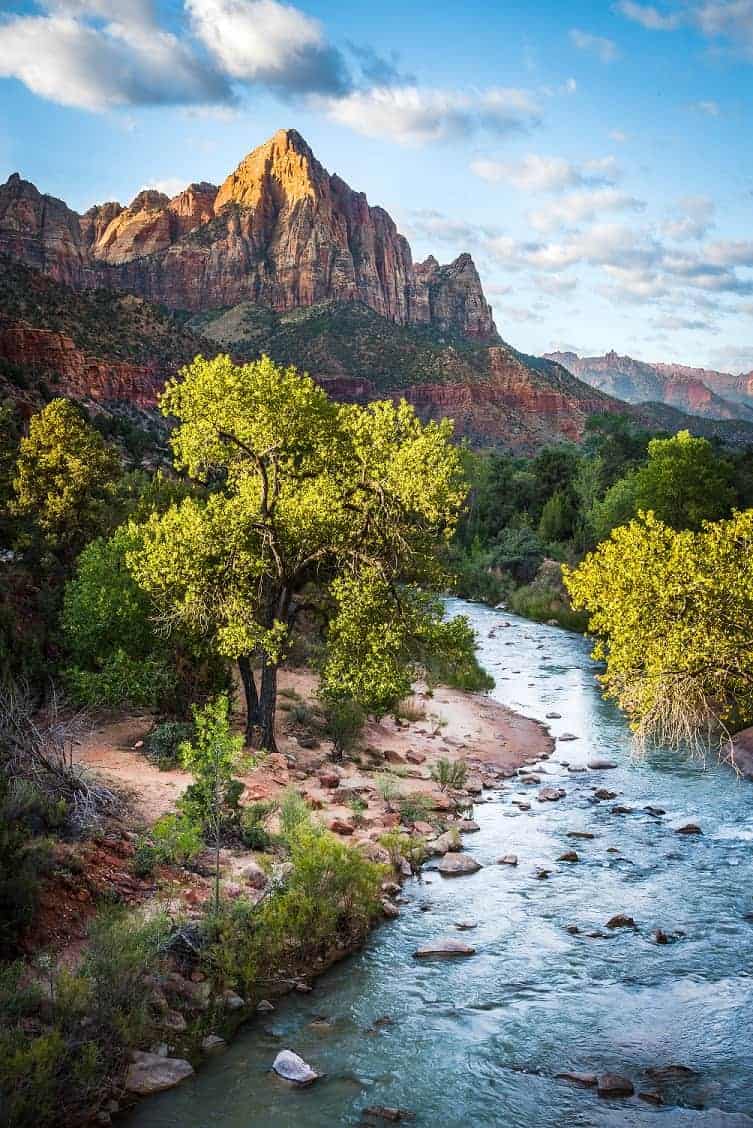
Really great article… Very relatable and inspiring.
Thanks Kirk – very inspiring!
This showed up right on time. I’m in a stagnant funk and feel as though I’m just circling, making no progress at all. Much like you, I’ve been told I have a gift, but I feel like I’m wasting it. Hopefully this gives me a little kick in the butt to get over this hump.
Thanks Matt. I suggest thinking of a photo gift you could give someone. Plan it out. That might help you get back on track.
Great article. BTW, we’re related (through JDL). I recognized that headstone. Lol
haha awesome!
Glad you didn’t give up Kirk. Thanks for this inspiring story. I see a lot of parallels in my experiences over the years and some I’m still going through. Definitely gives the inspiration to keep plugging along.
Thank you for your article. I have been discouraged in my photography. You give me hope.
Thanks for such impressive article if you are still using the old version of browser then here on our website you will get mozilla firefox browser for your pc without any charge without any payment and keep safe and secure browsing with more advanced feature in just less data consumption.